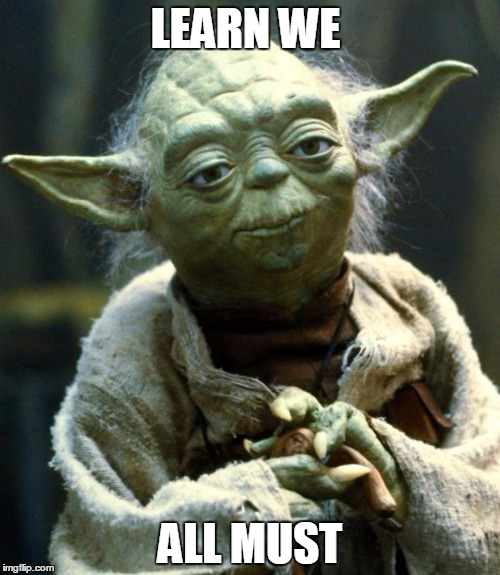Chapter Eleven's Title pretty well said it all for me... Paulo Freire's, "Pedagogy of the Oppressed" was the first thought that hit my mind, and while this chapter did not dig off into this ideology I did make a sort of connection in this chapter to the "natives vs immigrants" that we have been reading about all along. The overall underlying theme seemed to focus on "change" and what that generally means for different age learners, in that the natives seemingly embrace technology simply as a normal way of accomplishing a task, while the immigrants see technology as something that changes the way to perform a task. I offer this example... can you imagine yourself hand writing a countless number of entries into a large, roughly bound, ledger book in alphabetical order and tracking account details and tallies, while also needing to add new alphabetical entries with no extra space to do so.... Now do the same task with a digital spreadsheet... No comparison right? One allows for infinite editing which maintains complete alphabetical order and built in formulas to calculate. So, why then would an immigrant be fearful of changing to a tool that helps them do the task better? The quote comes in form of a paraphrased quote by Marx, "All to often people have tried to change education in various ways. The point, however, is to understand it, so we know what requires change, what is possible to change, how to change it, and with what effects for whom" (Bennett, Maton, pg 176). I include this TED Talk by Clint Smith as a glimpse into what that quote might mean in different context.
Chapter 12, the concluding chapter of what has been a book dedicated to dispelling the myth and trying to clarify what the term "digital Native" truly means. There have many Points of View offered and research backed findings to support a good working definition of the term, yet as with many of the fallacies that surround education dispelling the preconceived notions or ideologies is Not an easy task. A problem that really bugs me... teachers and educators should know better or at least constantly strive to make themselves better... what some would call mandated Professional Development (PD). The thought that makes the most sense to me... is that the goal of learning is constant, and if we want our students to become lifelong learners, then why would we, as teachers, not also be lifelong learners. Trying to stay one step ahead or allowing students to teach /guide you is just you recognizing that you too are a learner. I really like it when a student says, "I can show you a trick to do that better," which helps me, but really helps to support the overall class rule..."1. All are learners and All are teachers, we are in this together, so let's help one another." The quote helps to build upon the true definition, "...to allow a term to describe a subset of today's youth; the manners in which they relate to information, technology, and one another." (Palfrey & Gasser, pg 188). As a point of clarification I would add... and how they communicate with one another... to aid in the understanding of the term relate, this helps the reader to include texting, social media, snapchat, periscope, instagram, etc.... And while immigrants may see the interactions as different and maybe even judge them as not authentic, yet only because those interactions do not align with the immigrant's experiences of authentic interactions. The Natives are interacting on levels that have never been possible until now and those interactions are a way to prepare them for the interactions they will continue to have in the future, but they still need to learn how and so do the immigrants!

We are all Learners!

1 comment:
I can't imagine teaching without learning as an ancillary by-product. I imagine that simply relying on the same game plan. the same texts and reliance on the same standards over a period of years might mitigate learning but you'd have to be pretty numb not to simply learn something new about human nature with each successive class in your charge.
Post a Comment